
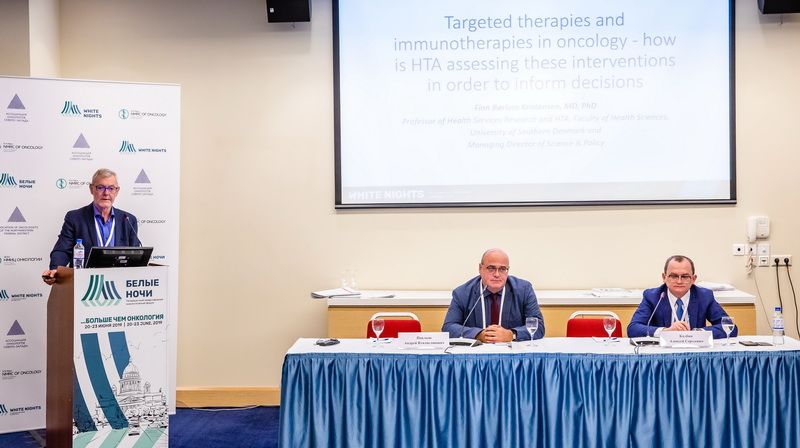
19.07.2019
Symposium “Pharmacoeconomics in Oncology”: eight major conclusions
The 10th (anniversary) Symposium “Pharmacoeconomics in Oncology” as a part of the Fifth International Oncology Forum “White Nights 2019” took place on June 23 in Saint-Petersburg. According to the results of this symposium, specialists have adopted a resolution, reflecting the main industry trends.
The chairs of the Section were:
Pavlysh Andrey Vladislavovich (North-Western State Medical University named after I.I. Mechnikov, Saint-Perersburg) and
Kolbin Aleksey Sergeevich (Pavlov First Saint Petersburg State Medical University, Saint-Petersburg)
The reports were presented by:
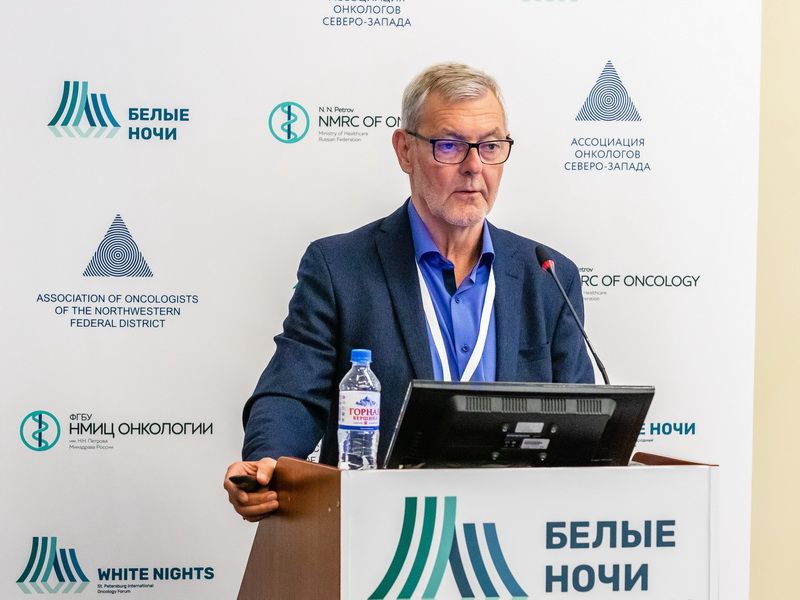
Finn Boerlum Kristensen (University of Southern Denmark, Copenhagen, Denmark) “Targeted therapies and immunotherapies in oncology – how is HTA assessing these interventions in order to inform decisions”
Maria Avksenteva (FSBI «Center for Healthcare Quality Assessment and Control» of Healthcare Ministry of Russia, Moscow) “Assessment of possibility of meeting the need for modern anticancer drugs, taking into account the expected patent protection expiration dates”.
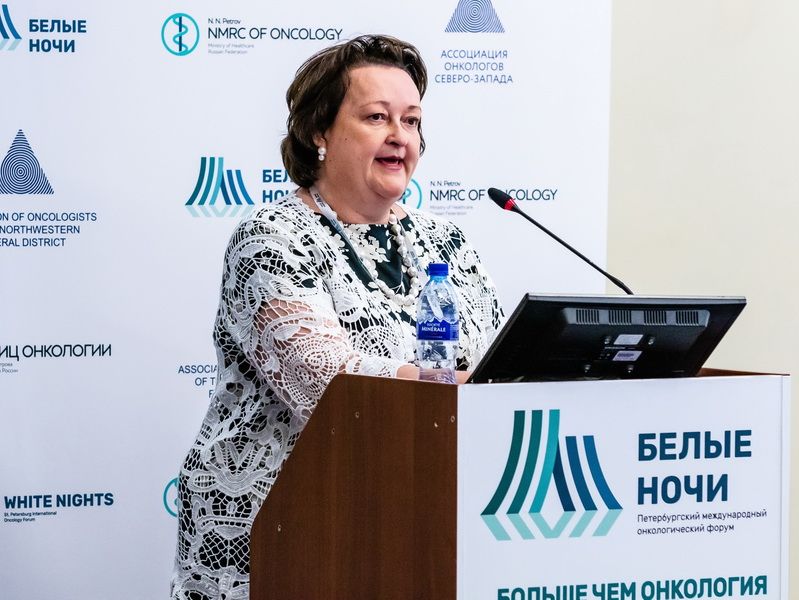
Olga Zelenova (FSBI «Central R&D institute for healthcare organization and informatization» of the Ministry of Health of Russia, Moscow) “Results of cancer care performance indicators modeling in implementation of innovative technologies for metastatic lung cancer treatment”.
Sergey Zyryanov (FSAEI RUDN University of Ministry of Education and Science of Russia, Moscow) “Clinical and economic assessment of modern medicinal technologies in oncohematology”.
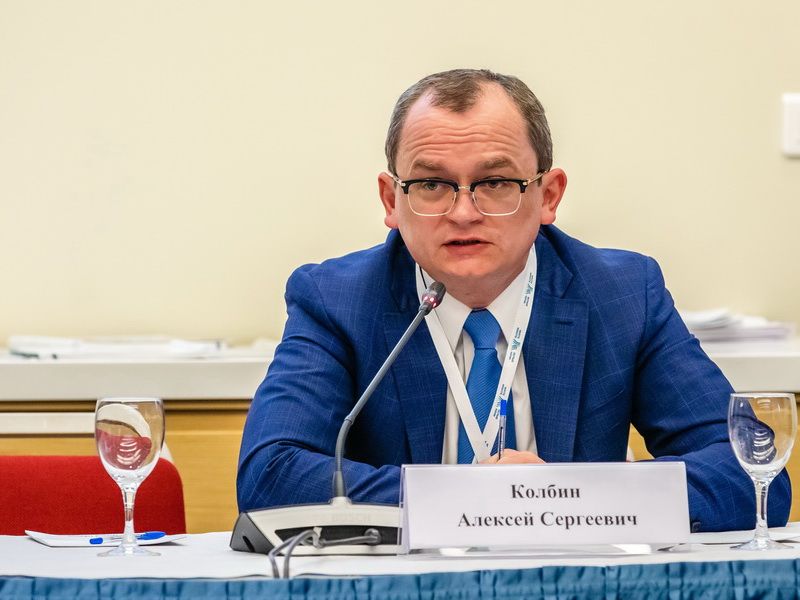
Aleksey Kolbin (Pavlov First St. Petersburg State Medical University, St.Petersburg) “Efficacy-effectiveness gap» concept (EEG). Location at Healthcare technology assessment”.
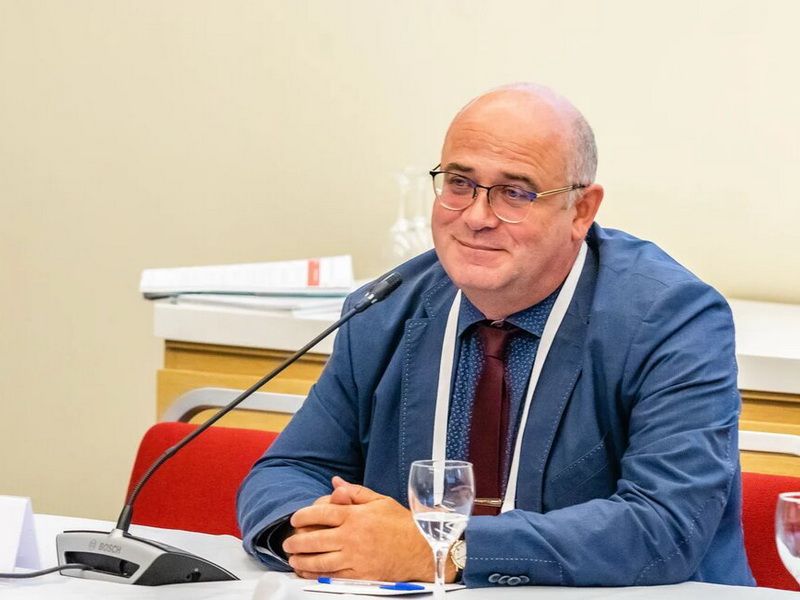
Andrey Pavlysh (North-Western State Medical University named after I.I. Mechnikov, St.Petersburg) “Hospital-based Health Technology Assessment. Prospects for implementation in the university”.
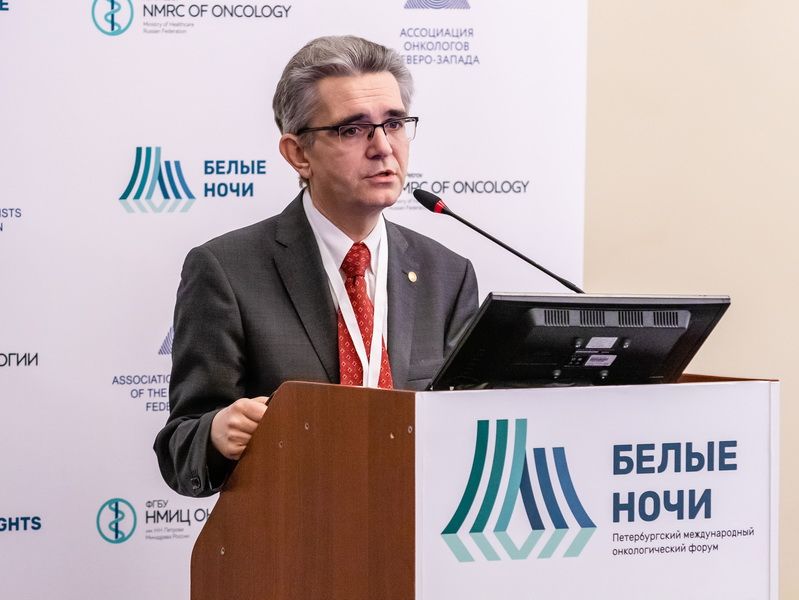
Svyatoslav Plavinsky (North-western State Medical University named after I.I. Mechnikov, St.Petersburg) “Decision-taking theory in pharmacoeconomics”.
Alla Rudakova (FSBEI Saint Petersburg State Chemical Pharmaceutical Academy of the Ministry of Healthcare of Russia, St.Petersburg) “Pharmacoeconomics of HPV-associated cancer: prevention or therapy?”
According to the symposium’s results the final resolution had been adopted:
1. Immunotherapy in oncology is a modern highly effective method to control various oncological and oncohematological diseases. Biological drugs, which are the basis of immunotherapy, are characterized by significant differences in pharmacodynamics, pharmacokinetics and spectrum of adverse effects.
2. The substitution of medicinal preparation of biological origin for similar biological medicinal product has not always resulted in monetary savings, often direct expenses among patients might even be increased. The causes of this situation require further examination.
3. There are effective tools of the Health Technology Assessment (HTA) to predict the results of oncological service’s work: mortality rate due to malignant neoplasms, lethality during one year after diagnosing and the accumulation of contingents in the early stages of malignant neoplasms in introducing of innovative drugs.
4. Oncohematology – it is the most pharmacoeconomically justified section of oncology, in which the oncotherapy is used.
5. The Russian Federation uses the priorities of the Global Burden of Disease Study (GBD) to make a list of restrictive diseases. This is confirmed by numerous pharmacoeconomic studies.
6. Hospital-based Health Technology Assessment (HTA) – it is a promising tool for cooperation of university hospitals which will solve the problem of resource provision both at the regional and at federal levels.
7. The introduction of multi-criteria decision analysis (MCDA) – it is a possible path to minimize the risks, which could arise during the transition from subjective clinical judgement to formalized.
8. HPV– associated disease prevention is a proven effective method to control a number of malignant neoplasms.
Thus, the symposium “Pharmacoeconomics in Oncology” as a part of the Fifth St. Petersburg Oncology Forum “White Nights” was considered successful.
The resolution was circulated among members of the St.Petersburg ISPOR Department (International Society For Pharmacoeconomics And Outcomes Research) and All-Russian Society of Clinical Pharmacologists and presented for publication in ISPOR e-Bulletin.
Rules for Media Accreditation
We welcome anyone who writes professionally about medicine.
Representatives of specialized medical media can get first-hand information about the organization of healthcare in Russia and worldwide, the latest developments in cancer diagnosis and treatment in Russia, and talk to representatives of the medical industry and heads of the country's leading medical centers.
Journalists of social and political media will have the opportunity to communicate with medical management, representatives of patient organizations and oncologists from Russia and around the world to provide reliable reports on the development of Russian oncology services and the problems to be solved solve.
Accreditation for the White Nights Forum
For accreditation, organization of interviews and other questions:
Press Service of the NMRC of Oncology named after N.N. Petrov of MoH of Russia
@: smi@forum-onco.ru
The Forum's press center is open to media representatives on all days of the event.